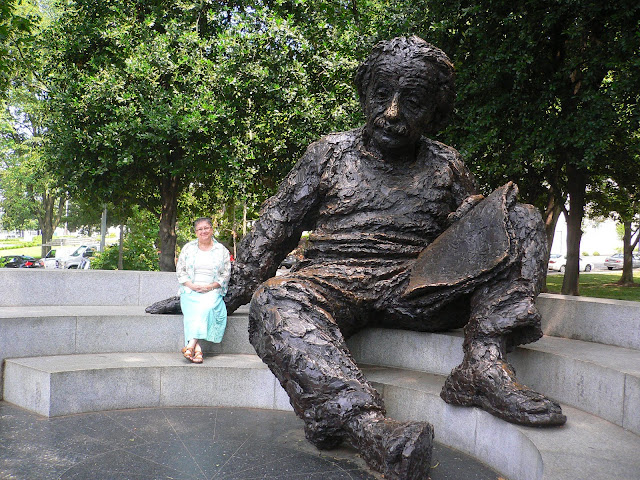Everyone knows the agony of waiting. .
waiting in the grocery line. .
when being put on hold for the next customer service representative. ..
waiting for water to boil;
nail polish to dry;
waiting for a child to be born;
waiting for the frail/elderly/sick to die;
the soil to dry out after big rains/floods;
waiting for the refund check;
the rain to come when it is blazing hot. .
waiting for each season to change, if we are fortunate to live in a 4-seasons climate.
Some things are about nature.
Some things we wait on --or for-- are about things in the control of people:
governmental decisions
school grades
job interviews. .
so, is the waiting harder than what comes after the wait?
How many times are our expectations not met even after we have waited for what seemed like 'too long.'
think about it?
what is your reaction to waiting?
we should all know by adulthood that waiting is part of life-- a necessary part.
children and adults who demand instant gratification have missed something in their development.
children/people who can not deal with waiting, according to Daniel Goleman, author of Emotional Intelligence, and Social Intelligence. . lack the brain chemicals and function to accept delayed gratification. A deficit in that area, is often accompanied by impulsiveness and explosive anger-- mental illness; a psychiatric disorder, [by this lay-person's definition].
In a recent Bible Study group I attended, we were exploring the story of Jesus' healing of the demoniacs. The discussion leader seemed to focus on the where and why Jesus drove the demons into a herd of pigs. Analysis of the political motivation behind the location, and the interpretation of why the people were upset that the pigs were destroyed. It was his contention that they were upset because Jesus had just messed up the stability of the local economy. How dare him!
Well, as you might guess, I chose to pose the rhetorical questions: Can we imagine why the demoniacs were confused, but also excited about being healed? Why did Jesus really tell them not to go tell the townspeople about their healing?
do people with a mental illness really expect to be healed? and if they were healed, what would their reaction be?
One woman said: well, you can bet if I were healed of my diabetes, I would sure be ready to tell all my friends about it! that was echoed by a woman with a heart problem. Isn't it natural to want to share good news with someone else?
so. .as medical practitioners. .and science people. .. what would have to be proven to know that a person was 'healed'?
and which is harder. .waiting. .or knowing what to do after the news we've been awaiting? LM
Subscribe to:
Post Comments (Atom)













No comments:
Post a Comment